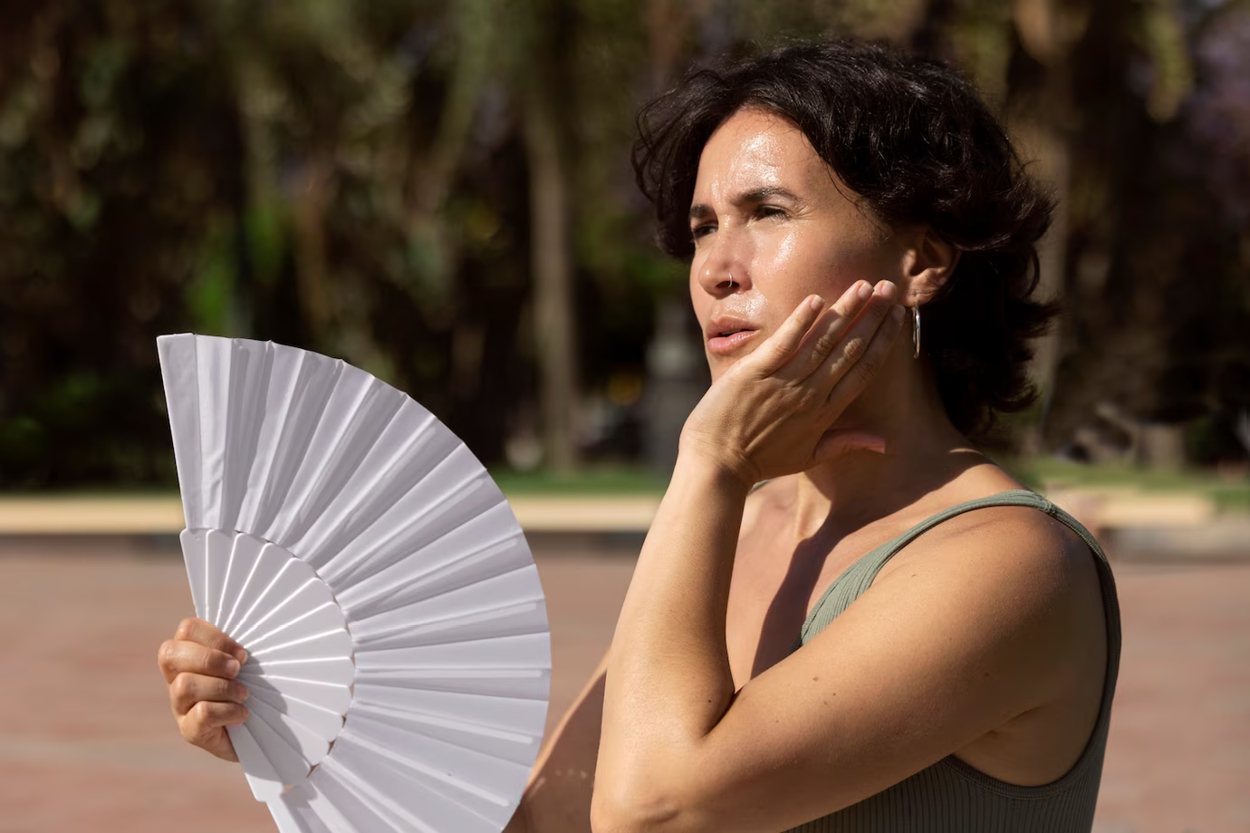Summer Safety: Beat the Heat
As the temperature increases, your body faces challenges that require preparation and awareness. For individuals undergoing cancer treatment, these challenges become even more significant, making summer heat safety not just a comfort issue but a health priority.
Summer heat can affect everyone differently, but cancer treatments often make patients more sensitive to temperature extremes. Chemotherapy, radiation, and certain medications can impact your body's natural ability to regulate temperature and maintain proper hydration levels.
Understanding how to protect yourself during the hottest months helps ensure you can enjoy summer activities while prioritizing your health and well-being.
Essential Hydration Strategies:
-
Start each morning with a full glass of water before beginning your day.
-
Keep a water bottle nearby during all daily activities and refill it regularly.
-
Increase fluid intake when spending time outdoors.
-
Don't wait until you feel thirsty to drink water.
-
Monitor your urine color as a simple hydration indicator: pale yellow means you're well-hydrated, while dark yellow signals the need for more fluids.
-
Choose water over caffeinated or alcoholic beverages.
Overexertion in hot weather can quickly lead to heat exhaustion or heat stroke, conditions that require immediate medical attention. Plan outdoor activities during cooler parts of the day, typically early morning or evening hours.
Seeking shade significantly reduces heat exposure throughout the summer months. The difference between direct sunlight and shaded areas can be substantial, often feeling 10 to 15 degrees cooler.
Your clothing choices also play a significant role in managing summer heat. The right clothing can make the difference between comfort and overheating during outdoor activities.
Smart Clothing Choices for Hot Weather:
-
Choose light-colored clothing that reflects sunlight rather than absorbing heat.
-
Wear loose-fitting garments that allow air circulation around your body.
-
Select natural fabrics like cotton and linen that breathe better than synthetic materials.
-
Protect your head and neck with wide-brimmed hats that provide additional shade.
-
Wear sunglasses to protect your eyes and reduce overall heat absorption through your head and face.
-
Consider wearing UV-protective clothing for extended periods of sun exposure.
Your cancer care team remains your best resource for summer safety guidance. Treatment schedules, medication regimens, and individual health status all influence your heat tolerance and safety strategies. Don't hesitate to discuss your summer activity plans with your healthcare providers, especially if you plan to travel or engage in extended outdoor activities during treatment.
Contact The Brooklyn Cancer Center at (718) 732-4080 today to discuss personalized heat safety strategies that work with your treatment plan and lifestyle needs.

